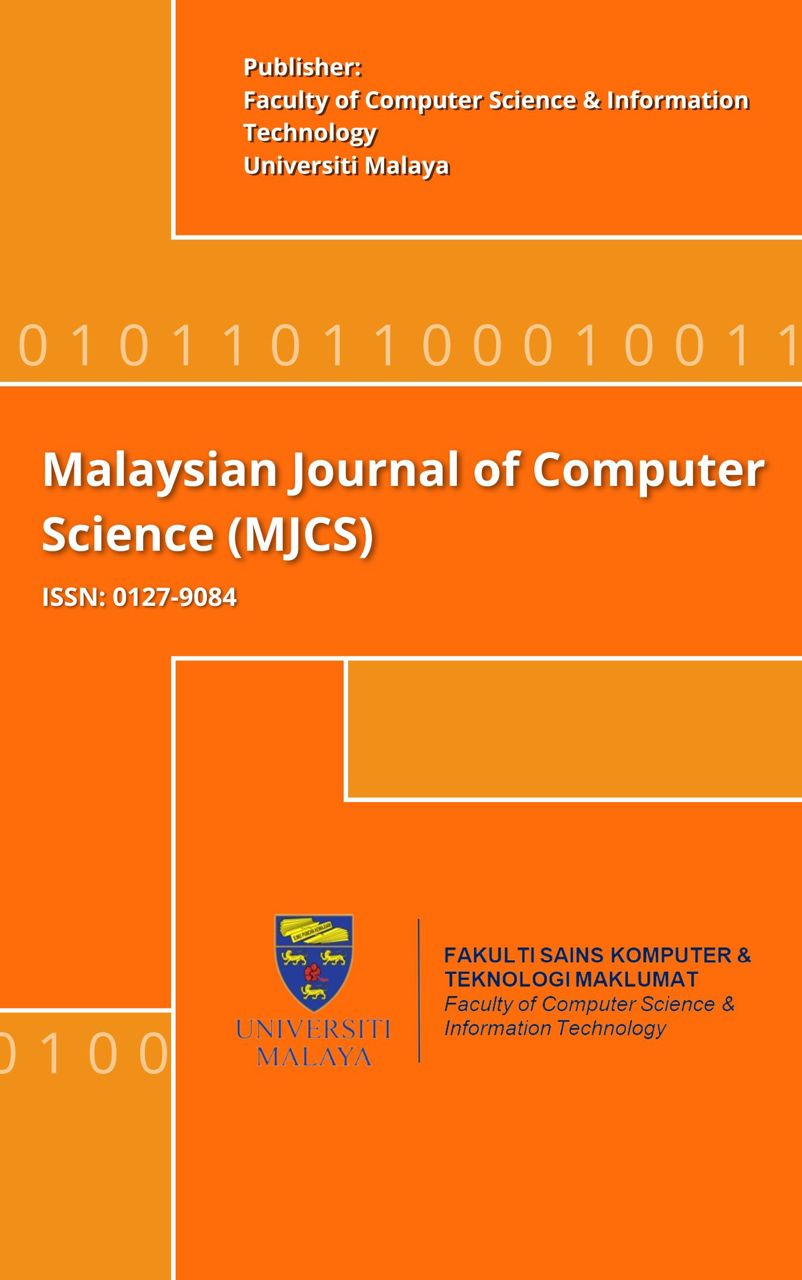CRITICAL SUCCESS FACTOR MODEL FOR ENTERPRISE ARCHITECTURE IMPLEMENTATION
DOI:
https://doi.org/10.22452/mjcs.vol32no2.4Keywords:
Enterprise Architecture, Enterprise Architecture Implementation, Critical Success Factors, CSF ModelAbstract
Enterprise Architecture (EA) is a strategy to attain alignment between an enterprise’s business and Information Technology (IT) to increase the competitiveness of an enterprise. In EA implementation, Critical Success Factors (CSFs) refer to factors that may facilitate the successful implementation of the EA. This research presents a CSF model based on an exhaustive literature review and empirical data from practitioners to identify rationalised CSFs. EA implementation projects that do not fully utilize the CSFs may result in inappropriate directions and dissatisfied EA project stakeholders. A quantitative research methodology is applied in this study using questionnaires to evaluate the proposed model. The respondents include enterprise architects, IT managers, and IT consultants with considerable knowledge of EA concepts. Statistical analysis is used to identify the relationships between the proposed CSFs and the success of EA implementation. From the results, the proposed CSF model is significantly related to EA implementation success. The highest-ranking CSF is governance, indicating the importance of governance in the success of EA implementation. Moreover, the proposed CSF model appears to facilitate achieving the desired architecture. By understanding the CSF model at the onset of a project, practitioners can better plan and focus on the CSFs to achieve the desired results.






